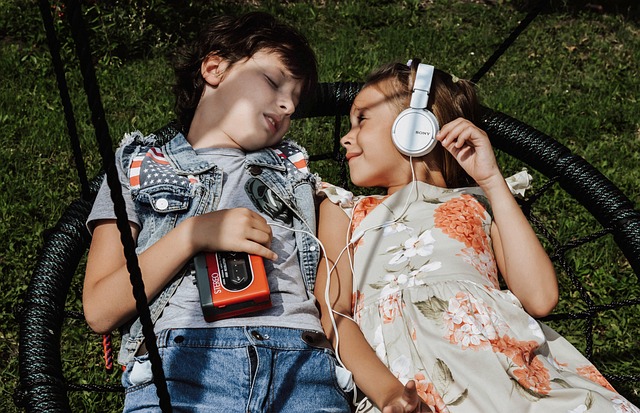Music is more than just entertainment—it has the power to heal, soothe, and transform lives. Across cultures and generations, music has been used as a tool for emotional expression, relaxation, and even physical healing. Today, music therapy is a recognized clinical practice that uses music to address various mental, emotional, and physical health challenges.

What is Music Therapy?
Music therapy is a structured, evidence-based approach that uses music to help individuals improve their well-being. Conducted by trained and certified music therapists, sessions can include:
- Listening to music for relaxation and cognitive stimulation.
- Singing to enhance speech, memory, and emotional expression.
- Playing instruments to improve motor skills and coordination.
- Songwriting to encourage creativity and self-expression.
- Movement to music for physical rehabilitation.
Music therapy is not just about musical ability—it is about using music as a therapeutic tool to help people overcome challenges and improve their quality of life.
How Music Therapy Works in the Brain
Music has a unique way of engaging multiple areas of the brain simultaneously. Research has shown that music therapy:
- Stimulates dopamine production, improving mood and reducing symptoms of depression.
- Lowers cortisol levels, helping to relieve stress and anxiety.
- Activates memory centers, making it useful for individuals with Alzheimer’s or dementia.
- Engages the motor cortex, aiding movement and coordination in stroke survivors and Parkinson’s patients.
- Triggers endorphin release, helping with pain relief and relaxation.
1. Reduces Stress, Anxiety, and Depression
Music therapy is commonly used in mental health treatment to help individuals manage stress, reduce anxiety, and combat depression. Calming music can regulate heart rate, breathing, and promote relaxation.
2. Enhances Memory and Cognitive Function
For people with Alzheimer’s or dementia, music therapy can trigger memories, improve focus, and provide a sense of familiarity. Familiar songs from the past can help patients reconnect with their identity and loved ones.
3. Supports Pain Management
Music therapy helps reduce pain perception, making it beneficial for patients recovering from surgery, managing chronic pain, or undergoing cancer treatments. It acts as a natural pain reliever by distracting the brain and promoting relaxation.
4. Improves Motor Skills and Physical Rehabilitation
For individuals recovering from a stroke or living with Parkinson’s disease, rhythm-based music therapy helps improve coordination, balance, and movement. Drumming or dancing exercises can support motor function development.
5. Enhances Communication and Social Interaction
Music therapy is particularly helpful for children with autism spectrum disorder (ASD) or individuals with speech impairments. Singing and rhythm-based activities can improve speech patterns, communication skills, and social engagement.
Music therapy is effective for people of all ages and backgrounds, including:
- Children with autism, ADHD, or developmental disorders.
- Individuals experiencing anxiety, depression, or PTSD.
- Elderly patients with dementia or Alzheimer’s disease.
- Stroke survivors or those recovering from brain injuries.
- Patients with chronic pain or undergoing medical treatments.
- Anyone seeking emotional expression, relaxation, or stress relief.
1. Hospitals and Palliative Care
Music therapy is used in hospitals to help patients manage pain, reduce anxiety, and cope with long-term illnesses. It is also widely used in palliative care to provide comfort and emotional support.
2. Mental Health and Rehabilitation Centers
Individuals recovering from trauma, addiction, or mental health conditions benefit from music therapy as a way to express emotions and build self-confidence.
3. Schools and Special Education Programs
Music therapy enhances focus, communication, and social skills for children with autism, learning disabilities, or behavioral challenges.
4. Senior Care and Memory Support
Music therapy helps elderly individuals stay engaged, reducing feelings of loneliness, improving mood, and stimulating cognitive function.
Conclusion
Music therapy is more than just listening to pleasant sounds—it is a scientifically backed method of healing that has the power to transform lives. Whether it’s helping a child with autism communicate, easing a cancer patient’s pain, or bringing joy to an elderly individual with dementia, music therapy provides a holistic and non-invasive approach to wellness.
As research continues to validate its effectiveness, music therapy is becoming an essential part of modern healthcare. Through the universal language of music, people can find comfort, connection, and healing in ways that words alone cannot provide.